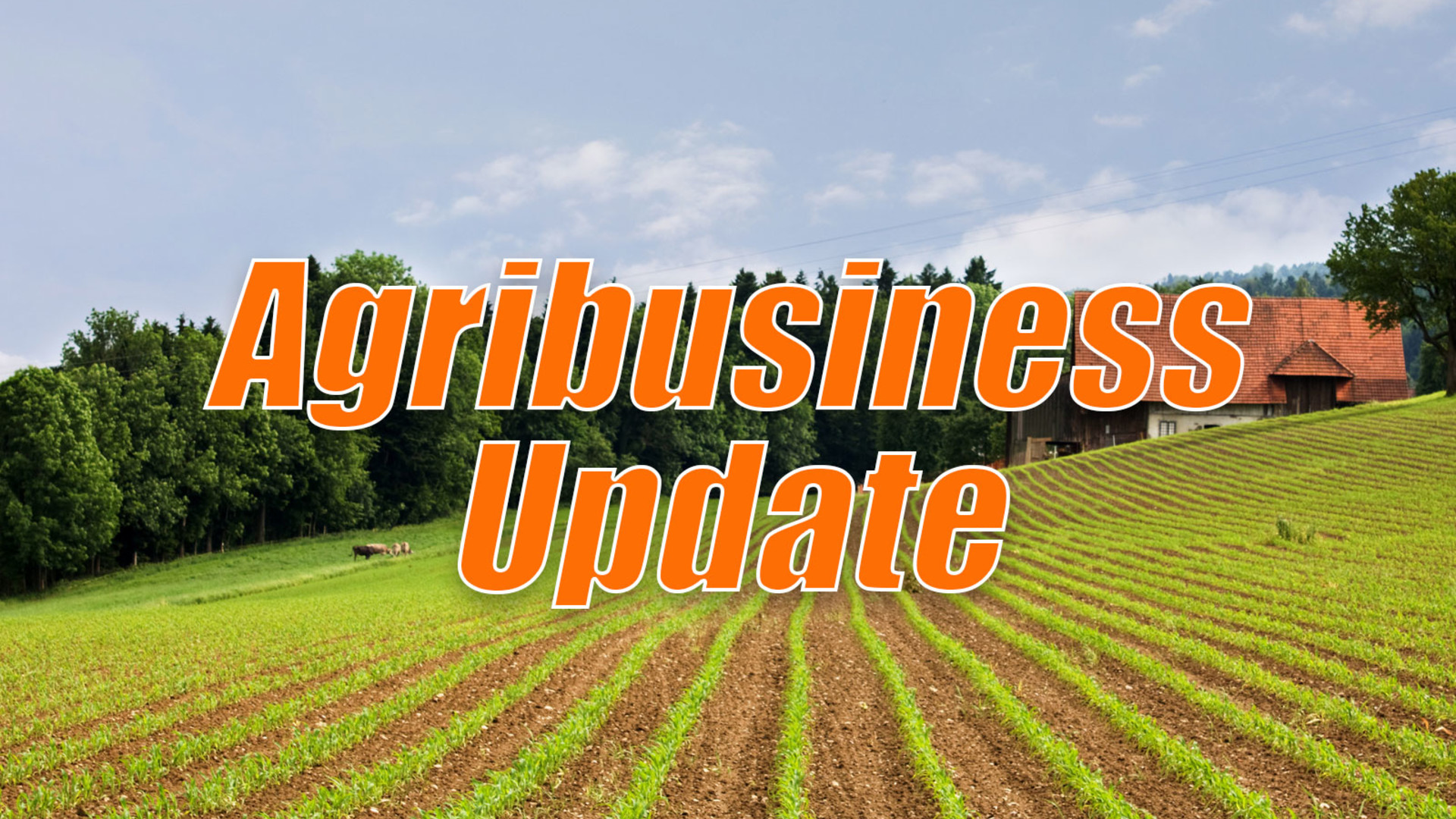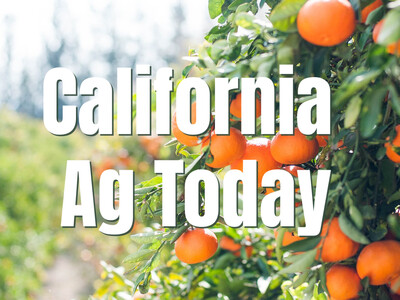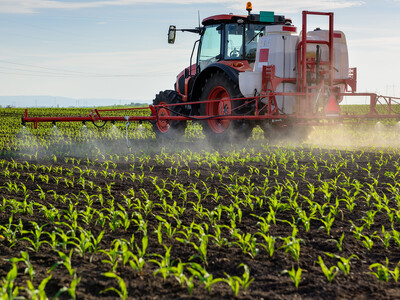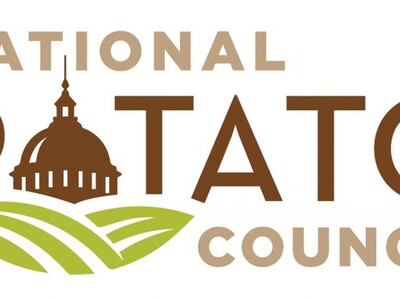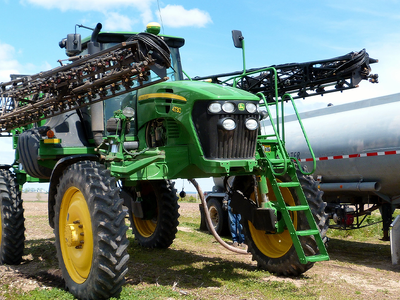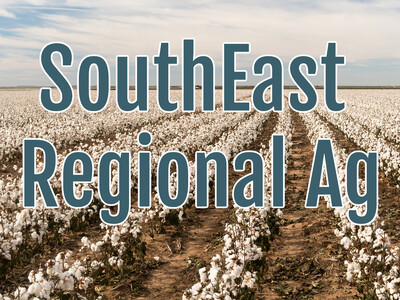Georgia Citrus Damage and Veterinarian Shortage
From the Ag Information Network, this is your Agribusiness Update.**Georgia’s citrus growers may have dodged catastrophic results from Hurricane Helene but may not know the full impact of the storm for at least a couple of more weeks.
Lindy Savelle, executive director of the Georgia Citrus
Association, warns though fruit may still be in the trees, it may have suffered irreparable damage from high winds when the storm moved through September 26 and 27.
www.citrusindustry.net/2024/10/01/growers-cautioned-wary-fruit-quality-following-helene/?fref=fd0b1365-21a4-493c-90ae-b29b523bf861&em=YmxhcnNvbkBhZ2luZm8ubmV0&utm_campaign=Citrus+Industry+This+Week+10-3-2024
**The USDA is investing $1.7 billion for purchasing local and regionally produced foods and domestically produced foods for emergency food assistance.
These investments, made possible by the Commodity Credit Corporation, will help American producers by ensuring they have the certainty of access to local and regional markets as well as the financial benefits.
USDA is at the same time ensuring schools, childcare facilities, and emergency food providers have access to healthy foods.
For more information on food support, go to www.usda.gov.
**Veterinarian shortages are not new. Anyone who ever needed a vet in the middle of the night will tell you that, especially rural vets … AND it’s about to get worse.
Penn State Professor Jody Kull says about 50% of rural veterinarians currently in practice are within five years of retirement.
Only 5% are vets working on food, fiber or /milk-producing animals.
And, only about 3-4% of graduating veterinarians enter livestock practice.


